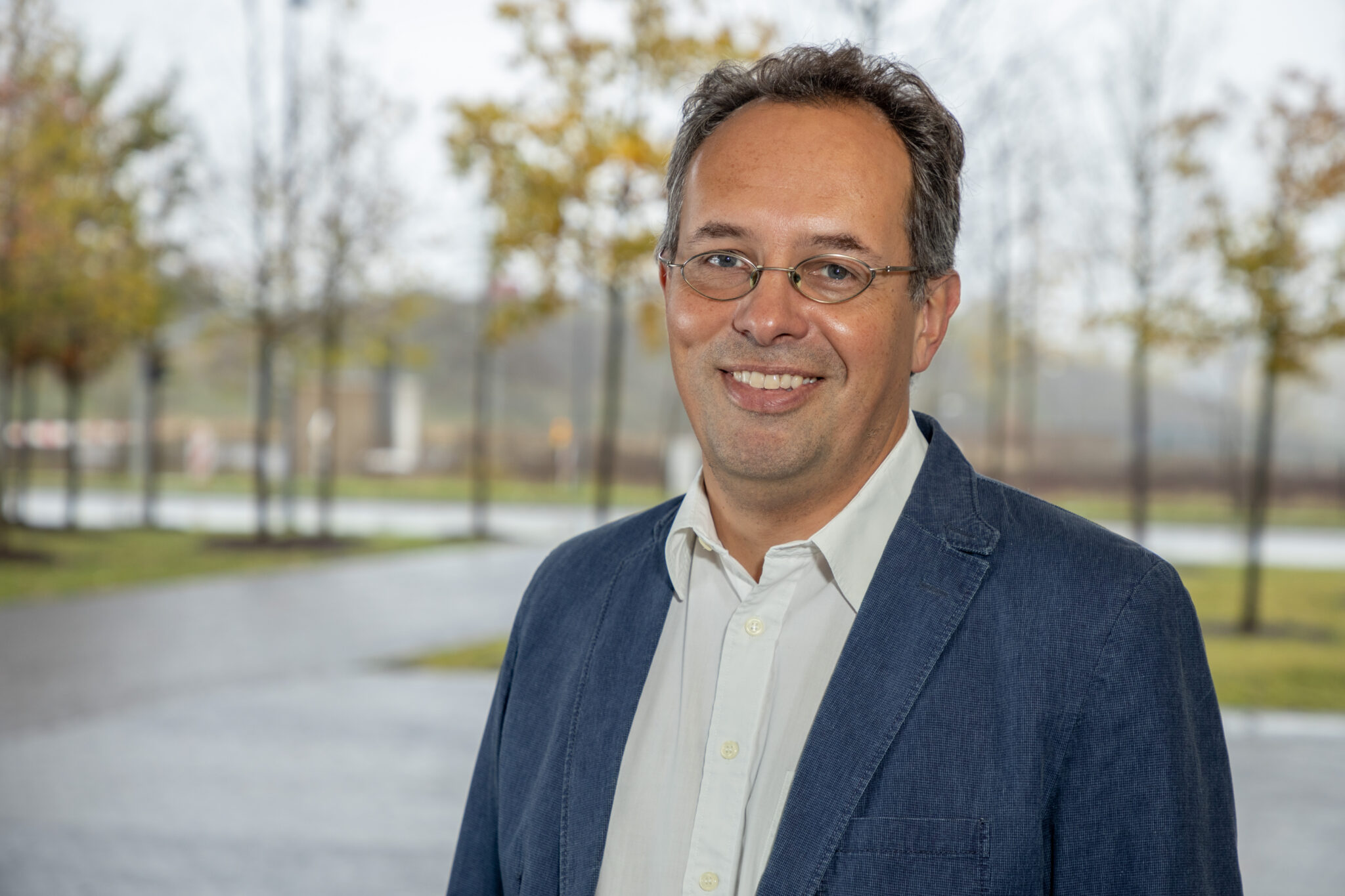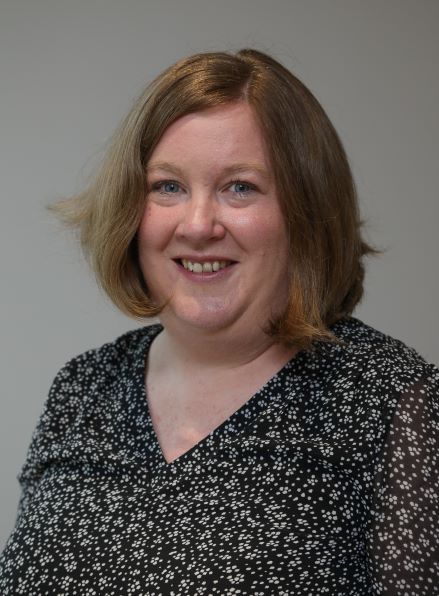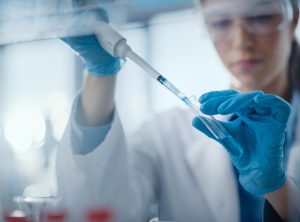About
Triple Negative Breast Cancer (TNBC) affects about 10-15% of women diagnosed with breast cancer. It is highly aggressive and challenging to treat as it lacks hormone receptors, making targeted therapies ineffective. Treatment options for TNBC are limited to surgery and chemotherapy.
NO-CANCER-NET (Advanced Engineering of Nitric Oxide Based Therapeutics for Triple Negative Breast Cancer Training Network) is a 4-year, €2.7million Horizon Europe MSCA Doctoral Network Grant award from the European Research Executive Agency to address unmet medical need for TNBC.
The network is led by Professor Sharon Glynn, Fulbright Scholar and Professor in Pathology at University of Galway in collaboration with CÚRAM. At UL, Prof. Thomas Sauter is contributing with network wide training in bioinformatics and a research project on spatial metabolic network modelling.
The network will train 10 doctoral candidates across 6 European countries and 9 institutions, focussing on three areas centred on expanding nitric oxide (NO) based therapeutics for the treatment of TNBC
- Investigating the role of NOS in the development and progression of TNBC.
- Developing a lab model to identify the best therapeutic approaches and test novel drugs.
- Synthesising new drugs that target NO tumour biology and testing if they work best alone or in combination with existing therapies.
Project team


Professor Sharon Glynn
Professor in Pathology
Lambe Institute for Translational Research
School of Medicine
